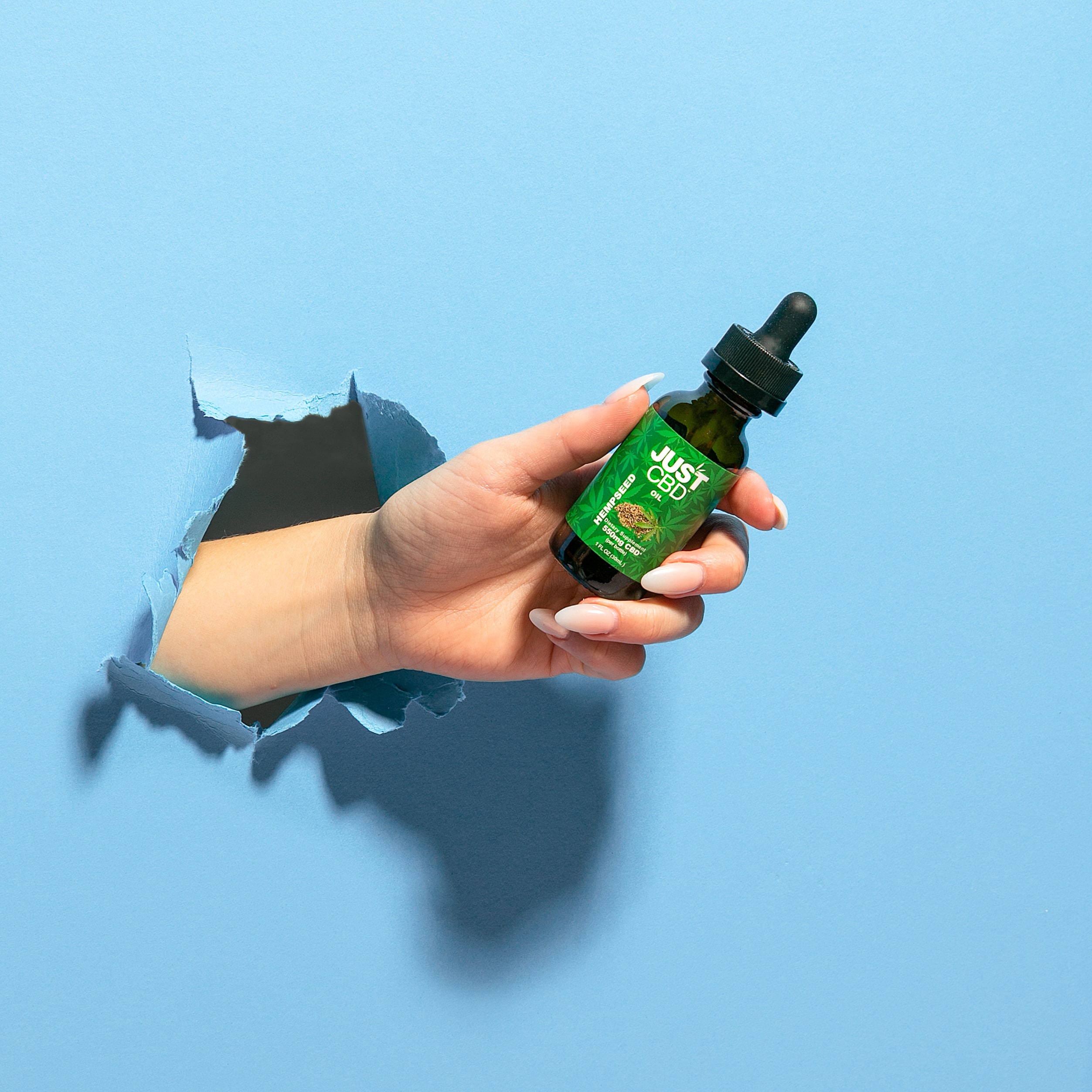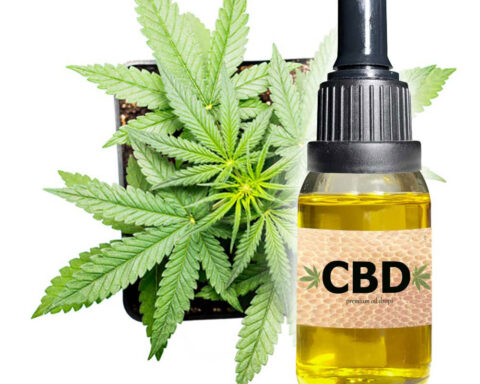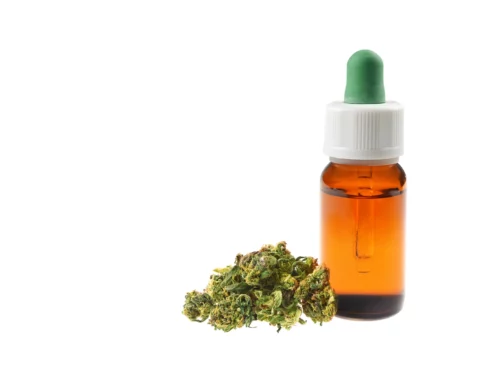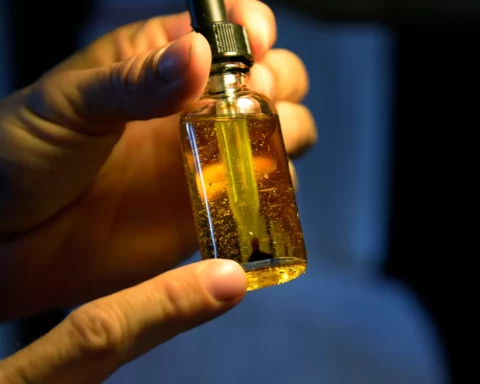CBD oil has quickly risen among the most popular natural treatments in recent years. It is not psychoactive and does not result in a high. As interest in CBD has increased, there has also been growing demand for hemp oil, a comparable substance. In contrast, many individuals use CBD and hemp oil interchangeably. They are both derived from hemp.
The Difference Between Hemp Oil And CBD Oil
The key distinction is that hemp oil contains very little CBD. The hemp seeds are cold-pressed into an omega-rich cooking oil to create Hemp Oil. CBD oil is created by extracting the chemical CBD from the hemp plant’s flowers and stalks. However, hemp oil and CBD oil each have their own set of health benefits. In essence, hemp oil is derived from the seeds of Cannabis sativa plants and, while beneficial to health, does not have CBD. Contrastingly, CBD oil is a chemical substance isolated from the same plant’s leaves, flowers, and stems.
Hemp Seed Oil
The seeds of the Cannabis sativa plant are used to make hemp seed oil. These seeds contain many B vitamins and vitamin D, omega-6 and omega-3 fatty acids, gamma-linolenic acid, and other antioxidants. Studies show that people do not get high from hemp seed oil because it contains no tetrahydrocannabinol (THC) and very little to no CBD.
Uses of Hemp Oil
Hemp oil is rarely used for recreational purposes or any activity that requires a lot of energy. The levels of THC and CBD, which induce the psychoactive effects, are either low or non-existent. With its high omega-3 and omega-6 fatty acid, linolenic acid, and antioxidant concentrations, hemp seed oil, is used in several nutritional supplements. Other benefits of hemp seed oil include the manufacture of textiles and fibers.
How Does it Work
more scientific research is still being carried out to determine the impact of Hemp seed oil on Cardiovascular health in terms of;
- total cholesterol
- Triglycerides and low-density lipoprotein cholesterol
- high-density lipoproteins
Effects of Hemp Oil
When hemp seed oil is added to nutritional items like snack bars, slices of bread, cookies, and yogurt, it provides a wonderful supply of nutrients. It contains a high concentration of unsaturated fatty acids and necessary amino acids. Hemp seed oil may also have the following benefits, according to research;
- enhancing gut health
- constipation relief
- treating skin problems by altering the immune system
- offering cardiovascular health advantages
How Is It Produced?
Hemp seed oil is extracted from the hemp plant seeds by manufacturing companies. Hemp seed oil does not contain THC because it is derived from the seeds of the cannabis plant rather than the leaves, flowers, or stems.
Side Effects And Risks
It is safe to consume hemp seed oil. Some customers reported digestive difficulties, but everyone may not experience these symptoms. THC contributes less than 0.3 percent of hemp seed oil’s dry weight.
CBD Oil (cannabidiol)
On the market, people commonly find three forms of CBD oil:
- full-spectrum CBD oil, which contains all of the cannabis plant’s components, including THC (but at a very low level)
- CBD oil is broad-spectrum and contains various chemicals but does not contain THC.
- CBD oil is made from CBD isolate, which only contains CBD.
Because these terms are not governed by law, some companies may use them. People should regularly read the Certificate of Analysis (COA) for CBD products. A third party normally does this testing. The only way to fully understand what CBD oil product contains is to read the COA.
How Is It Created?
CBD oil is derived from cannabis flowers and leaves. Manufacturers can obtain an extract high in CBD and other constituents using sophisticated extraction procedures such as carbon dioxide extraction.
Manufacturers must retain all components intact; however, manufacturers only need to extract CBD for CBD isolation.
Side Effects
Larger investigations on the effects of Epidiolex, a CBD medicine used to treat epilepsy, revealed certain negative side effects. These are some examples:
- fatigue
- reduced appetite
- diarrhea
- liver function tests that are abnormal
Experts advise those who want to utilize CBD-derived products to ensure their supplier is trustworthy. In CBD isolate or broad-spectrum CBD oil, incorrect labeling, and defective production techniques might expose patients to toxins or THC.
Is Hemp Oil Superior To CBD Oil?
It is dependent on what you intend to use it for, as both have qualities that serve different functions. Hemp oil provides more nutritional benefits. However, CBD oil is ideal for treating the above illnesses (anxiety and depression). And when it comes to pain alleviation, CBD oil outperforms hemp oil (though hemp oil can be effective).
Differences in Legality
On all levels, hemp seed oil is approved and authorized. It’s an FDA-approved substance that may be sold or purchased in practically any place. The same cannot be said with CBD oil, which has numerous legal ambiguities. CBD products are lawful as long as they include less than 0.3 percent THC, according to the 2018 Farm Bill. Because THC is the cannabinoid that induces a high, CBD products must contain extremely little of it to avoid any psychoactive effects. The market is mostly uncontrolled because the Food and Drug Administration has not publicly reviewed CBD products.
Conclusion
CBD oil and hemp seed oil are both derived from the cannabis plant. CBD oil is derived from the cannabis plant’s flowers and stems, whereas hemp seed oil is derived from the cannabis plant’s seeds. Hemp seed and CBD oil products do not normally create a high since the quantities of THC, if any, are very low. Both CBD oil and hemp seed oil have various potential benefits, but experts must continue to investigate them due to insufficient research.
References
Leizer, C., Ribnicky, D., Poulev, A., Dushenkov, S., &Raskin, I. (2000). The composition of hemp seed oil and its potential as an important source of nutrition. Journal of Nutraceuticals, functional & medical foods, 2(4), 35-53.
VanDolah, H. J., Bauer, B. A., &Mauck, K. F. (2019, September). Clinicians’ guide to cannabidiol and hemp oils. In Mayo Clinic Proceedings (Vol. 94, No. 9, pp. 1840-1851). Elsevier.
- Is Mushroom Coffee Worth the Hype? An Expert’s Take - April 19, 2024
- Missionary Position – Least Likely To Bring You To Climax - April 7, 2023
- Vibrators could put you in Jail - March 31, 2023









